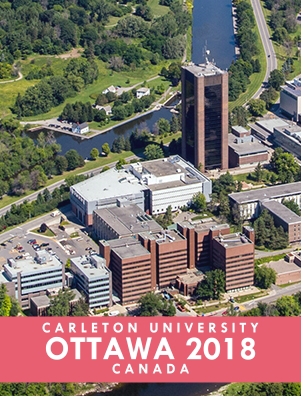Prof. Peter Schalk, Sinhala-Buddhist Ethno-nationalism – Past and Present
Speech by Peter Schalk on Sinhala-Buddhist Ethnonationalism – Past and Present
Sinhala-Buddhist ethnonationalism is a political construction in defence of a projected unitary state. Such a state is centralized and sometimes culturally homogeneous. In Sri Lanka desired homogeneity is constituted by Sinhala-Buddhist ethnonationalism. In Sri Lanka the state’s Sinhala-Buddhist homogeneity has never been a reality. As Sinhala-Buddhist ethnonationalism is part of a political program to achieve a unitary state, we can talk about political Buddhism. Political Buddhism in Sri Lanka has taken several forms in the past and present. There is not one unchanging Vamsic mindset. Political Buddhism of dynastic regimes during the pre-colonial period is different from the political Buddhism, which has developed during the colonial period by the Anagarika Dharmapala.
This again is different from the kind of political Buddhism which was developed during the postcolonial period by Walpola Rahula in defense of the unitary state. Moreover, we have to see political Buddhism in a comparative perspective with other states’ political Buddhism and subordinate the category political Buddhism under the category political religion, which opens a world-wide perspective on different religions’ sacralisation of politics. What is remarkable in Sri Lanka is not the existence of a political religion, but that this is filtered through Sinhala-Buddhist culture and that it violates the Charter of Human Rights and the Word of the Buddha

